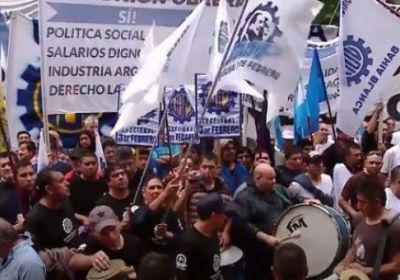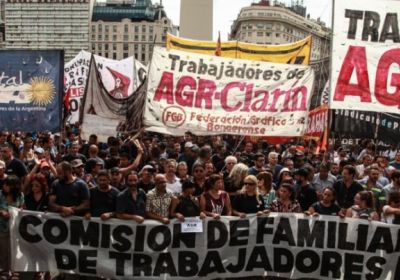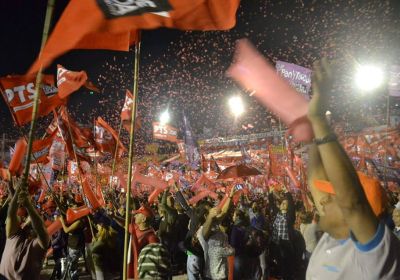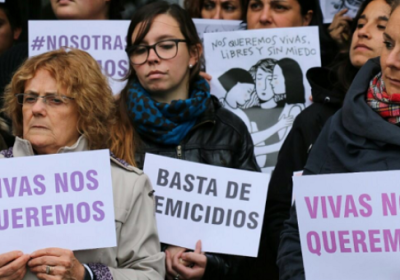-
-
-
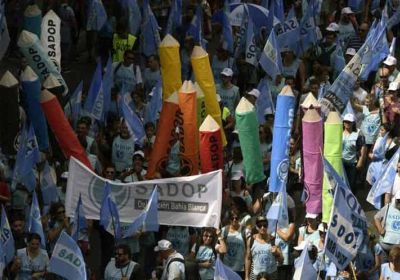
A strike and massive street protest on March 22 by Argentine school teachers defended public schools while calling for higher wages.
The demand comes after the Macri government legislated a ceiling of 20% salary rises, despite an inflation rate of 40%, which has pushed 1.4 million people, including many education workers, into poverty.
-
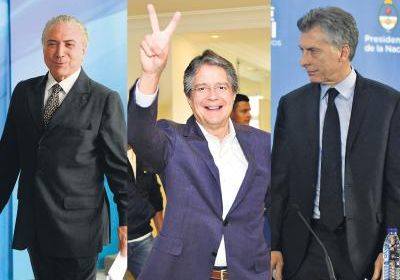
Reflecting on recent experiences of dealing with the right’s return to power in their own countries, close to 100 social movements and activists from Brazil and Argentina have signed a statement calling on the people of Ecuador to vote against right-wing neoliberal banker Gulliermo Lasso in the second round presidential run-off scheduled for April 2.
Among them are activists from Via Campesina, the Rural Landless Workers Movement (MST), the Popular Brazil Front (FBP) the United Workers Central (CUT), the Argentine Workers Central union confederation (CTA) and the Association of State Employees (ATE Capital).
-

Professional football players are the latest sector to hold strikes in Argentina amid a struggling economy and harsh austerity measures imposed by right-wing President Mauricio Macri.
-
-
-
-
-
-
-
Argentina
Argentina




